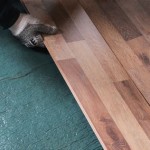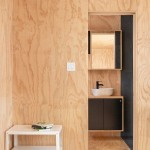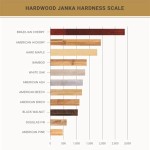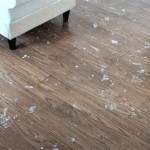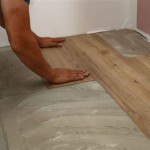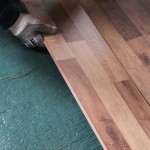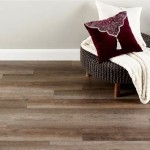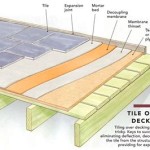How Much Does Hardwood Floors Cost to Install?
Hardwood flooring offers timeless elegance and durability, making it a popular choice for homeowners. However, understanding the costs associated with hardwood floor installation is crucial for effective budgeting. Several factors influence the overall expense, including the type of wood, the installation method, and the project's size.
Material Costs: The species of wood significantly impacts the price. Domestic hardwoods like oak and maple are generally more affordable than exotic species such as Brazilian cherry or mahogany. Prices are typically quoted per square foot and can range from $3 to $15 or more, depending on the wood's rarity and quality. Wider planks and premium grades within a species also command higher prices.
Installation Method: The chosen installation method affects labor costs. Nail-down installation is the most common method for solid hardwood and is generally quicker than glue-down or floating installations. Glue-down installation is suitable for engineered wood and concrete subfloors, while floating installations are popular for DIY projects due to their relative simplicity. Each method has varying labor rates, impacting the overall project cost.
Project Size: The square footage of the area to be floored directly correlates with the overall cost. Larger projects require more materials and labor, resulting in a higher total expense. However, economies of scale may apply, meaning the per-square-foot cost might decrease slightly for larger projects. It's essential to obtain accurate measurements to ensure an accurate cost estimate.
Subfloor Preparation: The condition of the existing subfloor plays a vital role in the installation process and cost. If the subfloor is uneven, damaged, or requires significant repairs, additional costs will be incurred. This could involve leveling the subfloor, replacing damaged sections, or installing a moisture barrier. Addressing these issues before installation is critical for the stability and longevity of the new hardwood floor.
Labor Costs: Labor costs vary based on geographical location, the complexity of the project, and the installer's experience. Intricate patterns, such as herringbone or parquet, require more skilled labor and therefore cost more. Obtaining multiple quotes from reputable installers is recommended to ensure competitive pricing.
Additional Materials: Beyond the hardwood itself, additional materials contribute to the overall cost. These include underlayment (for floating installations), nails or glue, trim pieces, and finishing products like stain and sealant. The quality of these materials can influence both the final appearance and the durability of the flooring.
Geographic Location: Installation costs tend to be higher in metropolitan areas with higher living expenses. The availability of qualified installers in a particular region can also influence pricing. Remote locations may incur higher transportation costs for materials and installers.
Site Accessibility: The accessibility of the installation site can also affect the cost. Difficult-to-reach areas, such as upper floors in buildings without elevators, might require additional labor and equipment, increasing expenses.
Removal of Existing Flooring: If existing flooring needs to be removed before hardwood installation, this will add to the overall project cost. The type of existing flooring and the complexity of its removal determine the associated labor and disposal fees.
Finishing: The desired finish for the hardwood floor impacts the cost. Staining, sealing, and applying a protective topcoat add to the overall expense. Different finishes offer varying levels of durability and require specific application techniques, affecting labor costs.
Furniture Removal and Storage: Homeowners need to consider the cost of removing furniture from the installation area. This may involve renting a storage unit or hiring movers, adding to the project's overall budget.
Contingency Buffer: It's advisable to include a contingency buffer in the budget to account for unexpected costs that may arise during the installation process. This buffer can help cover unforeseen issues such as subfloor repairs or material delays.
Obtaining Accurate Estimates: To get a precise estimate for hardwood floor installation costs, it's crucial to contact reputable flooring contractors. Provide them with detailed information about the project, including the desired wood species, the square footage, and the existing subfloor condition. Multiple estimates allow for comparison shopping and informed decision-making.
By considering these factors and obtaining detailed estimates from qualified professionals, homeowners can effectively budget for their hardwood flooring project and enjoy the beauty and durability of their new floors for years to come.

How Much Does It 2025 Cost To Install Hardwood Floors

Cost To Install Hardwood Flooring Floor Fixr

Cost To Remove Hardwood Floors Mk Remodeling

Cost To Install Hardwood Flooring Floor Fixr

How Much Does Hardwood Flooring Cost 2025 Guide

Hardwood Flooring Installation Costs 2024

Cost To Install Hardwood Flooring Floor Fixr

Cost Of Installing Hardwood Floors Top 2024 Guide

What Is The Cost To Install Flooring 2025 Calculator

Hardwood Flooring Cost 2024 Per Square Foot Mk
See Also
